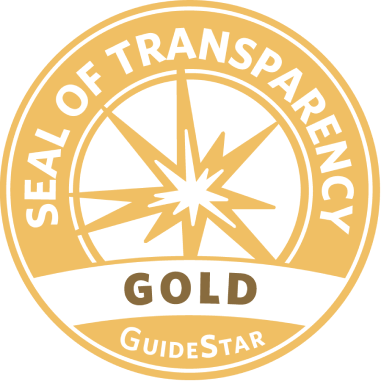At the Omid Foundation, we have witnessed how education does more than provide knowledge—it heals. For women who have survived trauma, whether from war, domestic violence, or systemic oppression, education is a powerful tool for rebuilding their sense of self. Learning new skills, mastering a language, or gaining knowledge gives them the confidence to reclaim their futures. It turns fear into strength and silence into empowerment.
The Deep Wounds of Trauma
Women in Iran and Afghanistan face multiple layers of trauma. Many have lived through war, forced displacement, or the brutal loss of their rights. Others carry the pain of domestic abuse, forced marriage, or years of psychological oppression. Trauma strips them of their sense of safety, making them feel powerless and isolated.
Survivors often experience:
- Fear and anxiety – The constant worry of violence or punishment.
- Low self-worth – Feeling undeserving of a better future.
- Isolation – Being cut off from supportive communities.
- Helplessness – A belief that change is impossible.
But when these women are given access to education, something incredible happens. They begin to rebuild not only their knowledge but also their confidence.
How Education Heals
Education provides more than just intellectual growth; it is a process of emotional and psychological healing. When women engage in learning, they start to reclaim their voices and agency.
1. Learning Rebuilds Self-Worth
Many trauma survivors struggle with feelings of worthlessness, especially when they have been told for years that they are incapable or unimportant. Education challenges this belief. Every lesson learned, every skill mastered, is proof that they are capable and intelligent.
2. Knowledge Creates Independence
Women who have been dependent on abusive family members or oppressive systems often feel trapped. Learning new skills—whether language, computer literacy, or entrepreneurship—gives them the power to shape their own futures. When a woman can earn her own income, she gains the freedom to make choices for herself.
3. A Community of Support
Education is not just about books and lessons; it is also about connection. Online courses, mentorship programs, and study groups help survivors find supportive communities. At the Omid Foundation, our programs allow women to learn together, share experiences, and encourage one another. Knowing they are not alone in their struggles helps them heal.
4. Overcoming Fear Through Knowledge
Oppression thrives on ignorance. When women are denied education, they are easier to control. But when they learn about their rights, history, and opportunities, fear starts to fade. An informed woman is a powerful woman—one who can challenge injustice and stand up for herself.
From Fear to Confidence
We have seen women who were once too afraid to speak now leading discussions in English classes. We have watched survivors of domestic violence learn new skills and secure jobs, breaking free from abusive relationships. We have celebrated as women who once believed they had no future found the courage to dream again.
Education does not erase trauma, but it gives survivors the tools to rebuild. It turns fear into action, pain into growth, and silence into confidence. At the Omid Foundation, we believe that every woman deserves this chance—to learn, to heal, and to thrive.

